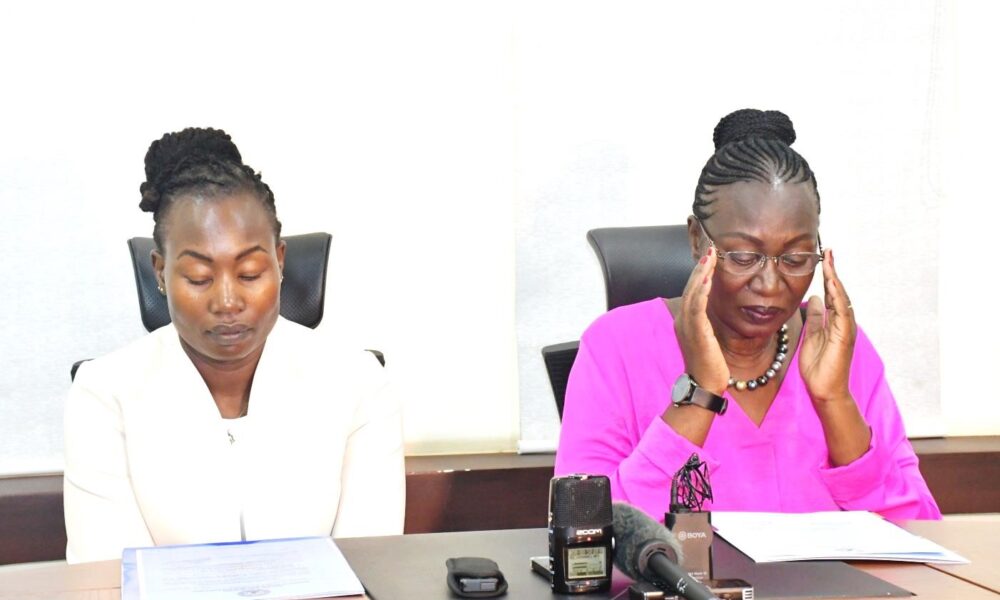By Charles K Mark
Ministry of General Education and Instruction has announced that schools will reopen on Tuesday, April 2, 2024. However, teachers will need to follow strict measures to ensure the safety of students.
Education minister Awut Deng Acuil cautioned that while environmental data shows a steady decrease in heat waves, the unpredictability of climate conditions should not be disregarded.
“Because of the unpredictability of the climate, we caution teachers to minimize playground activities to early mornings, or preferably indoors!” Awut directed.
The minister continued to urge school administrators to ventilate school structures, provide water, closely monitor children, especially the young ones, for signs of heat exhaustion and stroke, and also alert medics for such emergencies.
As the heat moderates, the Ministry of Environment’s early warning monitoring system suggests that the rainy season is nearing with a fear of excessiveness in many parts of the country.
The Undersecretary of the Ministry of Environment and Forestry, Joseph Africano Bartel, noted that temperatures may only remain around 30 degrees and above.
Meaning once the temperatures drop to less than the anticipated rate that would be the beginning of the rain.
“We are warning our population! We’re coming out of the heat, but the next thing that is going to come is the heavy rains,” Bartel alerted.
He cautioned people harboured in lowlands such as Mia Saba, Gudele, Referendum, and Gurei to start digging drainage channels to control the flow of rainwater.
“There is going to be heavy rain in the lakes’ region (Uganda, Rwanda, and the rest). With those rains, we think the level of the Nile will be increasing, so low-lying areas like Jonglei and Bentiu will be experiencing some floods,” the Undersecretary explained.
Whether with heat or with rain, there are always health implications as a result of the weather dynamics.
The National Minister of Health, Yolanda Awel Deng, further warned about increased outbreaks of different kinds of illness during the heat waves but also worried that they might worsen during the rains.
South Sudan is the most affected country by the impact of climate change, with about 1.5°C higher than the rest of the world despite its zero-carbon emission status.
Minister. Yolanda observed that, due to climate inequalities, the country’s population is experiencing numerous health implications.
“People are experiencing extreme heat. Getting records for a population of over 11–15 million people impacted by the extreme weather conditions is not a walk in the park, but my team, headed by the undersecretary, is working on it. But we are seeing the influx, like in Al Saba Hospital, where children are brought in with high fever and there is a spike in admission,” she revealed.
“In regard to diseases, this season is a season of meningitis, cerebral malaria, yellow fever, and desert fever. These are diseases that have a direct connection with high temperatures, but now it is increased!” the health minister added.




